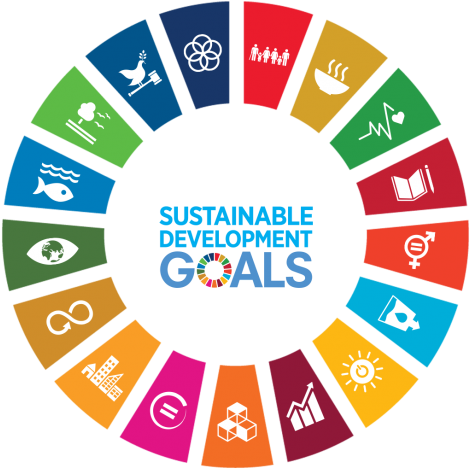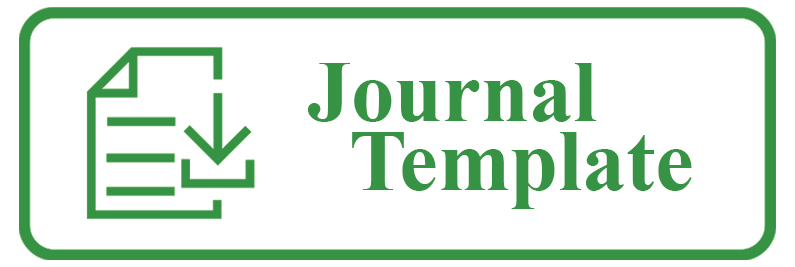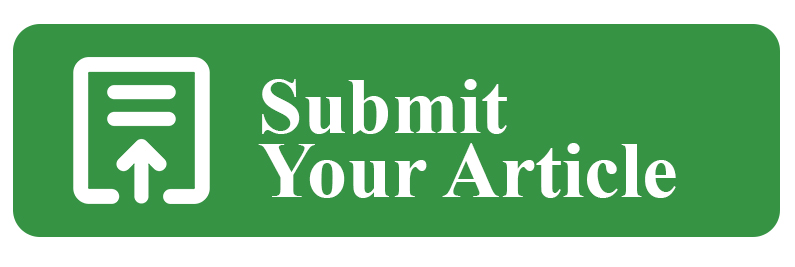1) Plagiarism Detection Software
Tools- All submissions are screened using advanced similarity-check tools (e.g., Turnitin, iThenticate).
- Comparisons cover the web, journals, conference papers, theses, and repository content through large aggregated databases.
- Checks may be repeated after revision and prior to final acceptance.




